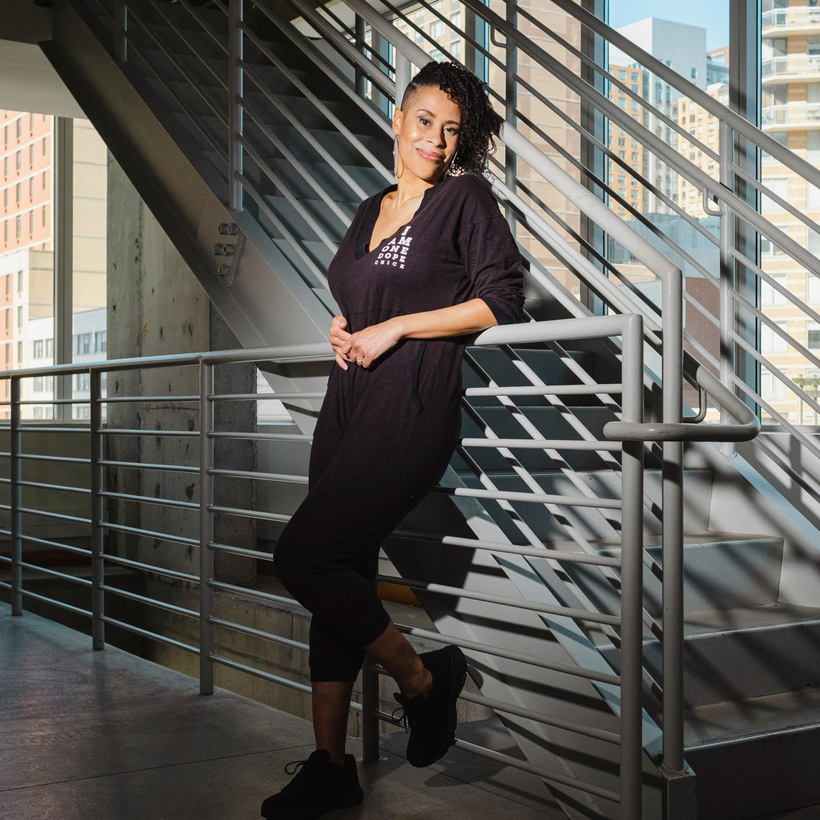In her landmark essay “Mad at Miles,” the Black novelist, playwright, and activist Pearl Cleage tussled over the question of what she should do with her love of Miles Davis’s music.
On the one hand, his songs soundtracked her life and played her into her “Bohemian Woman Phase. The single again after a decade married phase.... The cool me out quick cause I’m hanging by a thread phase.” On the other hand, “he was guilty of self-confessed violent crimes against women such that we ought to break his records, burn his tapes and scratch up his CDs until he acknowledges and apologizes and agrees to rethink his position on The Woman Question.” (In the intervening years, the Woman Question has been superseded by the Problematic Male Artist Question.)


